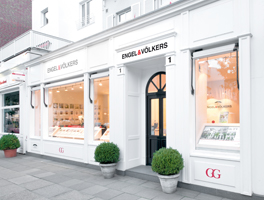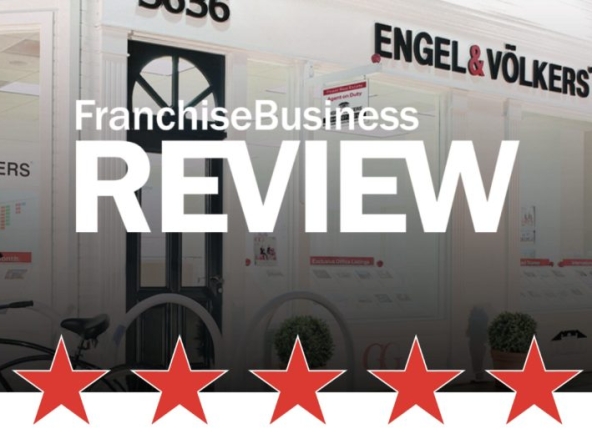Engel & Völkers is set to launch a new franchisee in Kansas City Monday, making it the fifth new franchise office in the past two months. The German-founded real estate company previously added brokerages in Huntsville, Alabama; Gilbert, Arizona; Billings, Montana; and Nashville, Tennessee.
Anthony Hitt, the U.S. CEO of Engel & Völkers, believes that all the noise in the industry has been good for his company, meaning the expansion momentum is picking up.
“There are still purists out there that believe that the best way to build a business is to have the best advisors – agents – with a mindset of taking great care of your clients; the best brokers with the mindset of taking care of their agents and a brand that is actually providing not just a story or a sexy news story, but a true platform that helps them all do just that,” Hitt told Inman.
“We’ve got the technology, we’ve got the story, we’ve got 45 years in the business, we’ve got a global footprint, and we’ve got some of the smartest people in real estate affiliated with our brand and I think that’s catching on,” he added.
Rapid growth means more shops and more shops means more to worry about for Hitt, especially with many economists forecasting an economic downturn sometime in the future. Engel & Völkers is a luxury brokerage, but Hitt said luxury means different things in different parts of the world and even different parts of the country.
Yes, Engel & Völkers represents more castles than any other real estate company, Hitt said, but it also views luxury as something more.
“There’s also a luxury that just means the right backyard so you can play catch or the extra bedroom or whatever that is,” Hitt said. “We kind of believe in this whole concept of reclaiming that word, ‘luxury.’”
Recession or no recession, however, Hitt told Inman he’s concerned every day about the success of the company’s shops. So Engel & Völkers wants to provide its agents and brokers with the most data, through products like EVI, an artificial intelligence platform so they can view trend data, as an example.
But Hitt also doesn’t believe that the company’s expansion strategy will leave it exposed during an economic downturn, because they’re not just putting, “shops on top of shops.”
“We’re building more of a coverage map,” Hitt said. “There are certain areas of the U.S. where things are a little tighter right now, other places where things are a little warmer, but I still believe that smart agents who have built great relationships with their clients are going to succeed regardless of the marketplace.”
“No matter whether the prices are going up and down, the things that motivate people to buy and sell still happen,” Hitt added. “And for that reason, I believe we’re probably more market proof than a lot of agents and a lot of brands out there.”
Engel & Völkers also has a pretty simple formula for expansion. When it opens in a new market, it begins looking at feeder markets that are connected – or vice versa. But the playbook isn’t exactly the same. In some markets, Engel & Völkers finds established indie brokerages to affiliate with the brand. In others, it starts a new brokerage from scratch with existing talent in the market.
“Because data is relatively transparent in the markets we’re serving, we go through and create a document of all the particular players that are there,” Hitt said. “From there, we really start an interview process and start learning more about the market.”
“Eventually we start identifying some key players,” Hitt added. “Those key players may be existing brokerages that are very much aligned with how we do business and we might look at converting them. In other cases, we might find a super team that has been doing business that is more aligned with us then where they’re currently affiliated and that might be the inspiration for starting up something more fresh.”




